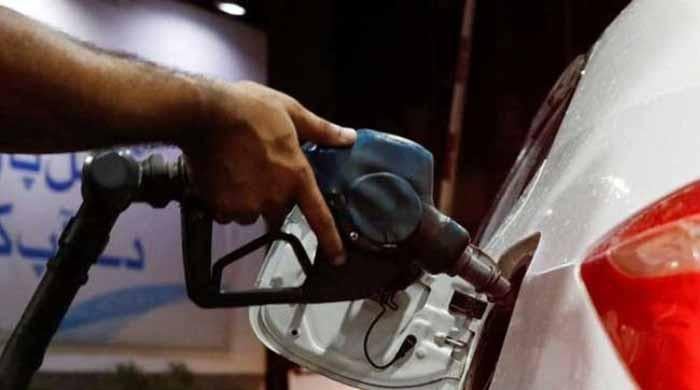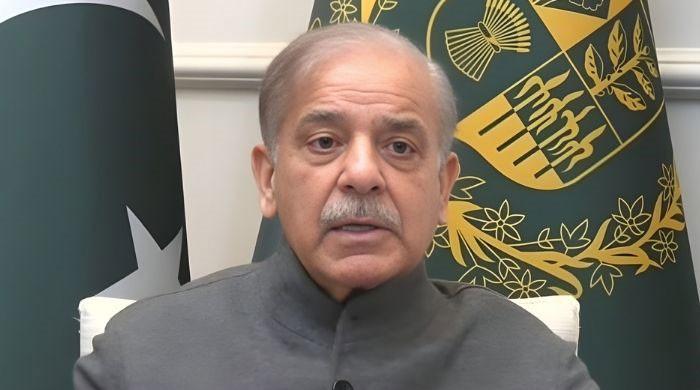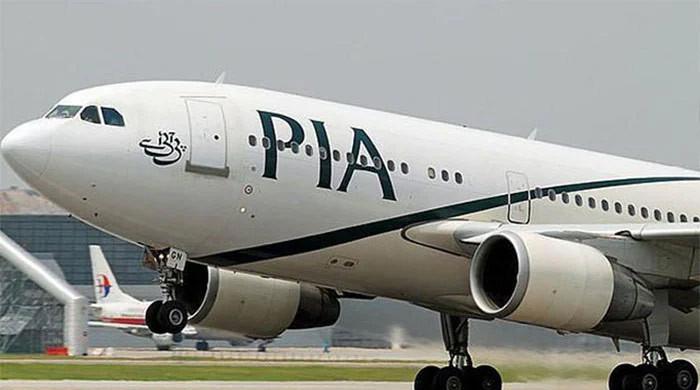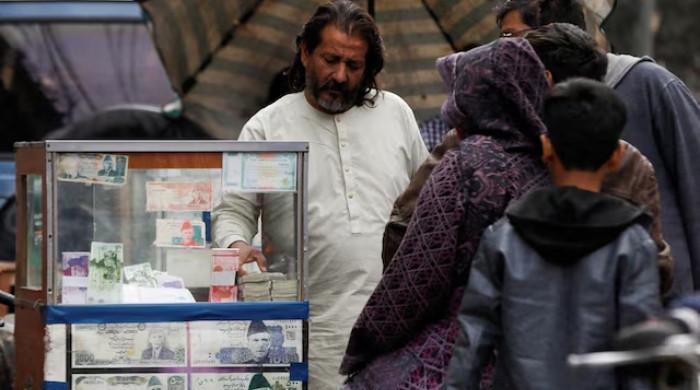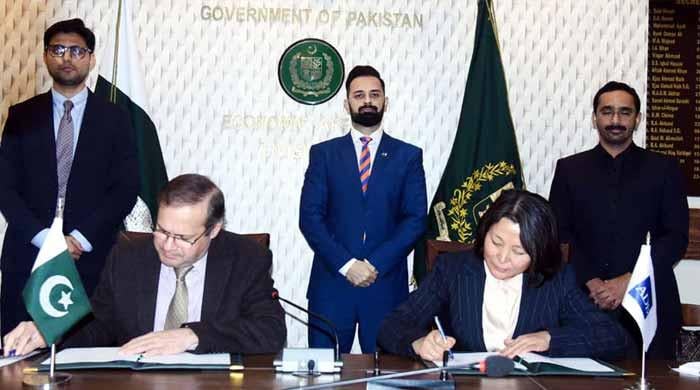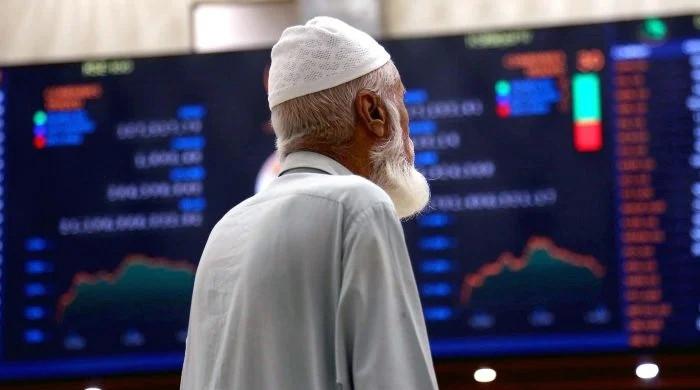India's Russian oil gains wiped out by Trump's tariffs
India's response in the coming weeks could reshape its decades-old partnership with Russia
August 27, 2025
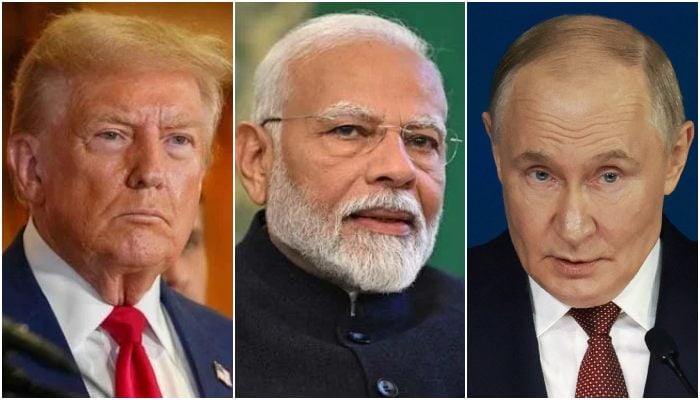
NEW DELHI: India saved billions of dollars by stepping up imports of discounted Russian oil in the wake of the war in Ukraine, but punitive tariffs imposed by the US that came into effect on Wednesday will quickly undo the gains, with no easy solutions in sight.
Analysts estimate India has saved at least $17 billion by increasing oil imports from Russia since early 2022.
US President Donald Trump's decision to impose additional tariffs of up to 50% on Indian imports could slash exports by more than 40%, or nearly $37 billion, this April-March fiscal year alone, according to New Delhi think-tank Global Trade Research Initiative (GTRI).
The fallout from the tariffs will be lingering and could be politically debilitating for Indian Prime Minister Narendra Modi, with thousands of jobs at risk in labour-intensive sectors such as textiles, gems, and jewellery.
India's response in the coming weeks could reshape its decades-old partnership with Russia and recalibrate its increasingly complex ties with the US, a relationship Washington sees as vital to countering China's growing influence in the Indo-Pacific, analysts said.
"India needs Russia for defence equipment for several more years, cheap oil when available, geopolitical support in the continental space and political backing on sensitive matters," said Happymon Jacob, the founder of Delhi's Council for Strategic and Defence Research. "That makes Russia an invaluable partner for India."
"Despite the difficulties between Delhi and Washington under Trump, the United States continues to be India's most important strategic partner. India simply doesn't have the luxury of choosing one over the other, at least not yet," he added.
Two Indian government sources said New Delhi wants to repair ties with Washington and is open to increasing purchases of US energy, but is reluctant to fully halt Russian oil imports.
Discussions with the US are ongoing, India's foreign secretary told reporters on Tuesday, with officials from both countries holding virtual talks on trade, energy security, including nuclear cooperation, and critical minerals exploration.
40% of India's total purchase
Russian crude now accounts for nearly 40% of India’s total oil purchases from nearly nothing before the war, and analysts say any immediate stoppage would not only signal capitulation under pressure but also be economically unfeasible.
Indian purchases are led by billionaire Mukesh Ambani's Reliance Industries which operates the world's largest refining complex in Modi's home state of Gujarat.
Global crude prices could more than triple to around $200 a barrel if India, the world’s third-largest oil consumer and importer, stops buying oil from Russia, according to internal Indian government estimates reviewed by Reuters. It would also lose the up to 7% discount Russian oil offers compared to global benchmarks.
In an unusually sharp statement this month, India accused the US of double standards in singling it out for Russian oil imports while itself continuing to buy Russian uranium hexafluoride, palladium and fertiliser. New Delhi says other countries that have stepped up purchases of Russian oil, like China, have not been penalised.
US Treasury Secretary Scott Bessent has accused India of profiteering from its sharply increased purchases of Russian oil and called it unacceptable.
India's foreign ministry has said its crude imports from Russia are "meant to ensure predictable and affordable energy costs to the Indian consumer. They are a necessity compelled by the global market situation".
New Delhi warns that halting Russian oil imports, which is currently around two million barrels per day, would disrupt its entire supply chain and send domestic fuel prices soaring. It has said the previous US administration under Joe Biden had backed its purchases of Russian oil to keep global prices stable.
Russia has said it expects India to keep buying oil from it.
Modi has not directly commented on the tariffs but has repeatedly pledged support for India's farmers — seen as a veiled response to Trump’s demands to open up India’s vast agricultural sector.
Farmers are a key voting bloc, and Modi faces a tough election in the rural state of Bihar later this year. He has also pledged major cuts in a goods and services tax by October to lift domestic demand.
Diplomacy
In a flurry of diplomatic activity aimed at multipolarity, senior Indian officials have travelled to Russia in recent days, while Modi is set to visit China this month for the first time in over seven years. India-China relations began thawing about a year ago, following a deadly border clash in 2020.
Modi is expected to meet both Chinese President Xi Jinping and Russian President Vladimir Putin at a summit meeting starting on Sunday of the Shanghai Cooperation Organisation, a regional security bloc. But the sources said India is still very cautious in its relations with China and not yet considering a trilateral summit between the three leaders, as hoped by Russia.
Other countries could take their cue from how India reacts to the US tariffs, experts said.
"The key takeaway for other countries is that if India - an emerging major economic and military power — is under immense pressure from the US, they might have even less capacity to withstand American pressure," said Jacob, the analyst.
"Additionally, some might interpret the current dynamics as indicating that China could potentially serve as a counterbalance, especially given Trump's unpredictable and aggressive geopolitical moves."
International relations experts say Trump's recent moves have plunged the US-India relationship back to possibly its worst phase since the US imposed sanctions on India for nuclear weapons tests in 1998. Besides trade, the row could affect other areas like work visas for Indian tech professionals and the offshoring of services.
And even if India is able to eventually get some of the tariffs reversed, several consequences will linger, especially in trade.
Competitors like China, Vietnam, Mexico, Turkey, and even Pakistan, Nepal, Guatemala, and Kenya stand to gain, potentially locking India out of key markets even after tariffs are rolled back," said GTRI founder Ajay Srivastava, a former Indian trade official.




